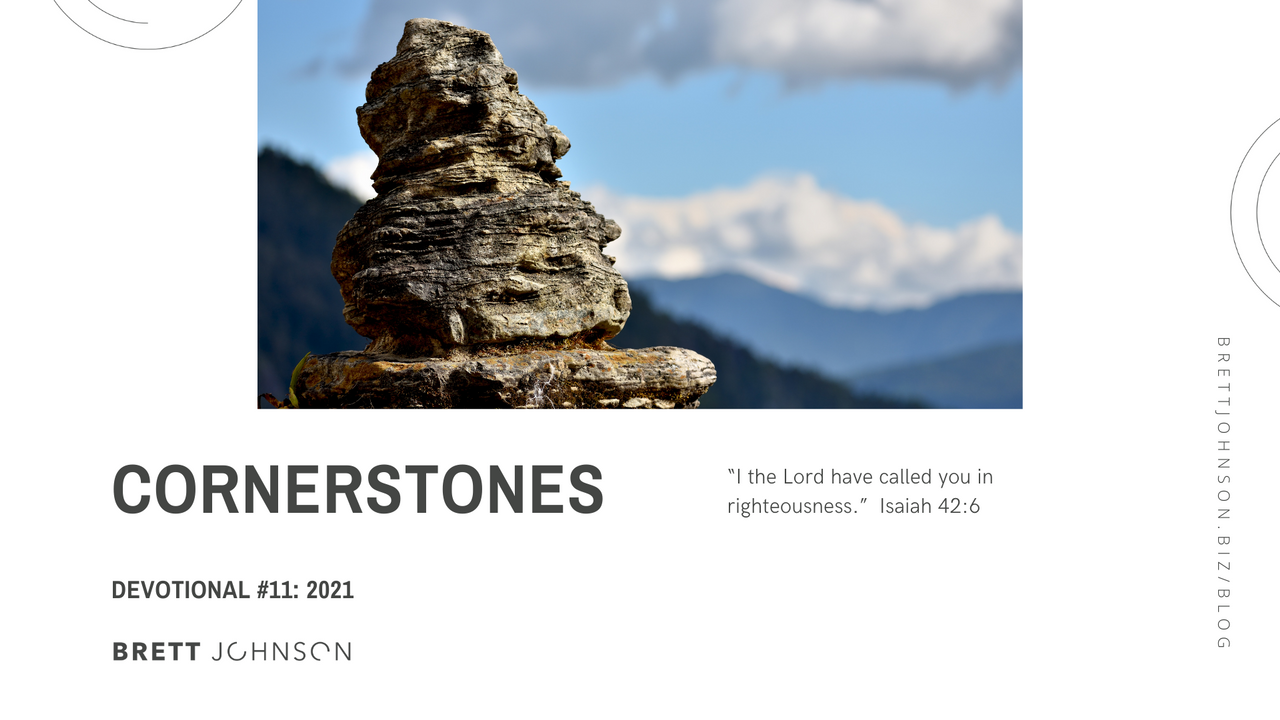Are You on the Right Path?
Jul 01, 2025
But it was because the Lord loves you
Apr 28, 2021
Big ask—big reward
Apr 21, 2021
Be generous enough to kill
Apr 07, 2021
Cornerstones
Mar 24, 2021
A capital idea
Mar 17, 2021






